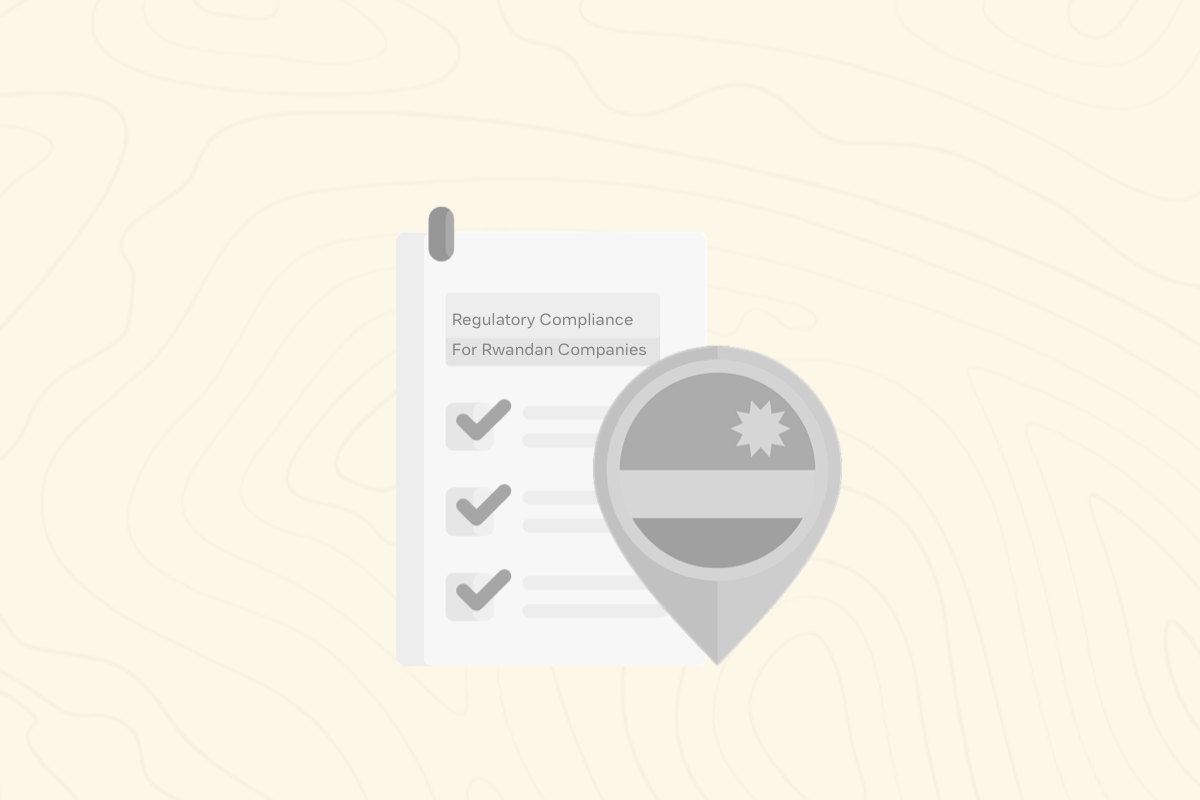Financial institutions play a crucial role in preventing money laundering and bribery. One way they achieve this is by identifying high-risk individuals, known as Politically Exposed Persons (PEPs). PEPs include government officials and political party members who, due to their positions, have a greater chance of misusing their power for financial gain. PEP List Screening is the process of identifying and assessing the risks associated with PEPs. This essential screening helps financial institutions implement strong Anti-Money Laundering (AML) compliance programs.
Bribery and corruption are major global threats with devastating consequences. Estimates suggest that around $1 trillion in bribes are paid annually, fueling corruption valued at nearly $2.6 trillion. To combat these crimes, financial institutions play a vital role in preventing them through PEP screening.
PEP screening identifies Politically Exposed Persons (PEPs) – individuals like government officials and political party members – who hold positions that increase their risk of involvement in financial crimes. This heightened risk stems from potential opportunities for money laundering, terrorism financing, bribery, and corruption.
By detecting PEPs, businesses can implement appropriate controls on their transactions, aligning with regulations to prevent financial crime. Failure to comply with these regulations by neglecting PEP detection and transaction controls can result in penalties.
Identifying Politically Exposed Persons (PEPs)
While there’s no single global definition of PEPs, effective screening requires identifying individuals in this category along with their relatives and close associates (RCA). It’s also important to understand that not all PEPs pose the same level of risk. For example, domestic PEPs generally carry less risk than those associated with foreign governments or international organizations.
AutoComply has a PEP and sanction screening feature to help your team identify potential risks from the get-go.
Despite the complexities of PEP identification, financial institutions should continuously improve their screening processes. A risk-based approach is crucial, where PEP and sanction screening are tailored to the institution’s risk assessment. Screening should occur during initial customer onboarding and be periodically reviewed, especially when events trigger a Customer Due Diligence (CDD) review.
Data quality standards required for PEP Screening
Accurate data is critical for effective PEP screening. Financial institutions need comprehensive and up-to-date customer records to ensure screening tools have sufficient identifying information. Incomplete data can lead to inaccurate results and missed matches, potentially creating inconsistencies with an RCA (Risk Customer Assessment). To optimize PEP screening, institutions should collect the following minimum data points:
- Full Name
- Date of Birth (at least year)
- Country of political exposure
- Gender (optional for some regulations)
- Politically Exposed Person (PEP) status details:
- Specific PEP role(s) held
- Appointment dates (if applicable)
- Date PEP left the position (if applicable)
This information allows for more precise screening, reduces the risk of false positives, and helps ensure compliance with AML/CFT regulations.
Why Regular PEP Screening of Existing Customers Matters
One-time PEP screening isn’t enough. Ongoing monitoring is crucial for effective Anti-Money Laundering (AML) and Combating the Financing of Terrorism (CFT) efforts. Regularly checking existing customers against PEP lists helps identify changes in their risk profile and allows for timely adjustments.
The Importance of Regular Scans
There’s no single frequency for periodic screening —it depends on your risk tolerance and other factors. However, regular scans are essential because a customer’s PEP status can change over time. Someone who wasn’t a PEP initially might become one later.
Benefits of Regular Screening
By regularly screening existing customers, you can:
- Identify Changes in Risk: Detect if a customer becomes a PEP, requiring enhanced due diligence.
- Update Risk Levels: Accurately categorize customers based on their updated risk profile.
- Mitigate Risks: Implement appropriate controls to minimize the chance of financial crime.
- Ensure Compliance: Meet AML/CFT regulations and avoid potential penalties.
Regular PEP screening is a critical safeguard for financial institutions, protecting them from financial crime and ensuring compliance with regulations.
Safeguarding Your Business: A PEP Risk Management Framework
Financial institutions play a vital role in combating financial crime. A robust PEP Risk Management Framework helps you effectively identify, assess, and manage the risks associated with Politically Exposed Persons (PEPs) and their Relatives and Close Associates (RCAs). Here’s a breakdown of key controls within this framework:
- New Customer Identification: Before or shortly after onboarding, risk-based procedures determine if a customer is a PEP. If identified, prompt and appropriate due diligence measures are applied.
- Existing Customer Identification: Continuous monitoring helps identify existing customers who may become PEPs. Risk-based due diligence and controls are then implemented.
- Customer Risk Assessment: Once a PEP is identified (new or existing), a risk assessment is conducted. This analysis considers factors like business type, geography, and products used. The assessment determines the appropriate level of due diligence and monitoring needed. For instance, reliable and independent sources in the PEP’s country of exposure might be consulted.
- Senior Management Approval: Relationships with PEPs require senior management approval, ensuring awareness of the associated financial crime risks and responsibilities within the AML control environment.
- Enhanced Monitoring: Customers (and their accounts) with PEP connections undergo enhanced, proportional monitoring to detect unusual or suspicious activity.
- Employee Training: Financial institutions are on the front line of preventing financial crime. Regular AML training equips relevant employees and managers with the knowledge of PEP risks, policies, procedures, and processes associated with PEPs.
Staying Compliant with AutoComply
AutoComply was created to transform compliance into a company’s superpower, eliminating the burden of managing compliance tasks on spreadsheets. Below are AutoComply’s features:
1. Discovery Dashboard
The initial step in grasping compliance involves identifying the specific requirements for your company. AutoComply’s discovery dashboard accomplishes this by displaying obligations relevant to your company based on its country of incorporation, company type, and industry. It also supports multiple company discovery, allowing users to switch between companies or view all obligations at once through the obligation planner view.
2. Automated Task and Sub-task Tool
Government-imposed obligations typically require the submission of forms or documents. Assigning a single team member to collect and maintain the specifics for each obligation can lead to human errors and missed deadlines over time. AutoComply addresses this issue by enabling collaborative document completion.
Admins can assign specific tasks for obligations to team members, and AutoComply automatically generates the necessary documents for submission to regulatory authorities or government agencies.
3. Alerts via Email, Slack, and Teams
Timely compliance is essential, and AutoComply helps teams stay informed about upcoming obligations with real-time alerts delivered via email, Slack, and Microsoft Teams. Users also receive email summaries of all pending obligations.
4. Document Management System
As demonstrated by the features mentioned earlier, compliance obligations generate various documents. AutoComply assists teams in managing these documents by automatically archiving them in smart folders matching the obligation, reference, and the month of generation. Users can also create their own folders and upload external documents.
5. Ancillary Features like PEP and Sanction Screening
In addition to standard compliance obligations, some companies may need to handle specific tasks such as Politically Exposed Persons screening or monitoring sanction watch lists for their customers. AutoComply offers the capability to perform these functions through a third-party integration with a global Know-Your-Customer (KYC) provider as part of its comprehensive suite of services.
AutoComply provides comprehensive support across legal, tax and regulatory requirements to help you focus on core business objectives.
To learn more about simplifying your compliance in Nigeria and beyond, contact our Sales team today.



